In my email signature, and in the title of my blog, I have the phrase “multi-dimensional free thinker”, and I was recently pulled up for it…
How do you “know” you are a “free thinker”? You can’t prove that maaaan – at least not to me!
–Mark Buchner
 Thanks Mark… but he has a point… Am I some kind of stoner hippy? Is that why I can’t spell?
Thanks Mark… but he has a point… Am I some kind of stoner hippy? Is that why I can’t spell?
Even though that sounds nice for a while (I miss University), it is neither the source of the phrase nor is it the cause of my spelling problems… In fact it is more than spelling, I sometimes find it difficult to keep up with the stuff coming out of my brain. My inability to write with a pen properly, yup, and write to save myself is also a symptom of the same thing, and you should see me knocking thing over and generally being clumsy.
These things are all symptoms of something generally called Dyslexia but may other mislabels have been applied to it; Attention Deficit Disorder (ADD/ADHD), Dyscalculia/Acalculia, Dysgraphia/Agraphia, and Hyperactivity, all of which I have been accused of. You may call this a disability, and most do, but it is really a gift.
The more you read about Dyslexia the more you you find things that sound cool…
The way pupils are taught today is counterproductive for people with a creative, visual and multidimensional thinking style. Like the sportsman who needs the right clothing to reach peak performance, pupils with Dyslexia need to be taught in a way that suits their learning style.
BBC – http://www.bbc.co.uk/wales/southwest/sites/llandeilo/pages/caroline_keen.shtml
The current education system, pretty much the world over, has some deficits where, funnily enough, learning is concerned. A full third of the population of the world and 80% if the population of Scottish prisons have “dyslexic tendencies”, whatever that is. These people have a disadvantage in the current system because of there lack of 2-d perception.
The right-brained and dyslexic thinker will most often have the ability to collect vast amounts of information on a topic, comprehend it on many analytical levels and then use it in a wide array of creative applications. The right-brained person is generally not satisfied until all possibilities are gathered and added to the “whole picture” and then utilized.
dyslexiavictoria.ca – http://www.dyslexiavictoria.ca/Glossary.php
I have heard of a number of companies who will only employ dyslexic people for particular jobs, the most notable of which is a Architectural company that has only dyslexic Architects because of their enhanced multidimensional perception.
Ron Davis explains that multi-dimensional thinking (using all the senses) takes place much faster than verbal thinking. Dyslexics also tend to be more curious, creative, and intuitive than average. They tend to be highly aware of the environment, inventive, and good at real world tasks. Their special mode of thought also produces the gift of mastery: once they have learned something experientially, they understand it on such a deep level that they know how to do things intuitively without thinking about how.
Dyslexia.com – http://www.dyslexia.com/bookstore/giftbook.htm
There are many famous dyslexic people the world over, including: Walt Disney, Tom Cruise, Thomas Edison, Babe Ruth, Alexander Graham Bell, and John F. Kennedy and Agatha Christi who reportedly could not spell to save herself… thank god for good editors…

